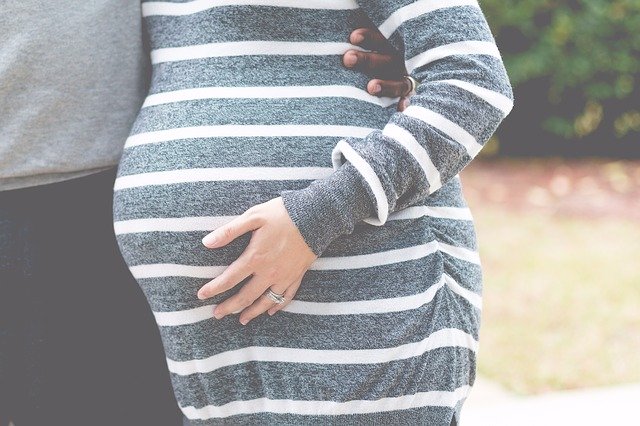Infertility and Acupuncture - Explained by Best IVF Specialist GDIFR
by GDIFR | 05 March, 2020 | Infertility,Pregnancy

Infertility and Acupuncture
Acupuncture is the dose of ultra-thin, sterile needles into specialized acupuncture points on the body which consist of channels or meridians; these are pathways in both the appearance and interior of the body. These points, when needled, can administer the way during which the body functions.
Acupuncture helps by addressing problems that influence fertility like an under-functioning thyroid (Hypothyroidism) or over-functioning thyroid (Hyperthyroidism).
Can acupuncture be wont to treat infertility?
Acupuncture, frequently combined with herbal medicine, has been used for hundreds of years to treat some but not all causes of infertility. For instance, acupuncture and herbs won't work to deal with tubal adhesions which may occur as a result of pelvic disease or endometriosis.
However, during this position, a private could still enjoy acupuncture and herbs due to the potential consequence of the improved ovarian and follicular function. Additionally, acupuncture can boost blood flow to the endometrium, helping to facilitate a thick, rich lining.
When should acupuncture treatment begin?
Acupuncture is analogous to physiotherapy therein it's a process-oriented mechanism of medical intervention. It's better to try to do quite less. Patients are commonly treated for 3 to four months before getting to insemination, in vitro fertilization (IVF), or donor-egg transfer. This pacing of treatment seems to possess a therapeutic effect.
In research by Stener-Victorin et al from the administration of Obstetrics and Gynecology Fertility Centre, Scandinavia and therefore the University of Gothenburg, ladish are encouraged to collect acupuncture treatments pre and post embryo transfer.
Clinical examinations from the Berkley Center for Reproductive Wellness recommend that the foremost adequate fertility treatments involve a mixture of acupuncture, herbal medicine, and traditional medicine. However, appreciation occasionally occurs when acupuncture and herbal medicines are used without traditional medical interventions.
When should I stop?
Typically most miscarriages occur within the primary 3 months of pregnancy. Consequently, treatment of patients may often last through week 12 to assist forbid miscarriage.
Is the acupuncture points various after an insemination, IVF, or donor-egg transfer than before?
Acupuncturists shouldn't place needles within the abdominopelvic area after insemination or relocation. There are 6 contraindicated acupuncture points which should be bypassed when the patient is pregnant or pregnancy is suspected. These include Gallbladder 21, Stomach 12, intestine 4, Spleen 6, Bladder 60, Bladder 67 and any points on the lower abdomen.
What is the liability of using acupuncture with infertility?
There are essential risks in using acupuncture for fertility treatment. the insecurity of miscarriage may increase if incorrect acupuncture points are used during pregnancy. This is often 1 cause why those choosing to incorporate acupuncture in their treatment regimen should only be treated by an acupuncturist who focuses on treating fertility disorders. Acupuncture is usually protected no matter a person’s medical record.
Who structure typical patients?
Acupuncture is usually wont to treat any sort of fertility disorder including spasmed tubes. Spasmed tubes are often de-spasmed with acupuncture, though blocked tubes won't answer acupuncture. Acupuncture is usually combined with herbal remedies to treat elevated FSH (FSH), repeated pregnancy loss, unexplained (idiopathic) infertility, secretory phase defect, hyperprolactinemia (when not caused by a prolactinoma), Polycystic Ovarian Syndrome (PCOS) with anovulatory cycles and male factor including men concerned with sperm-DNA-fragmentation.
Is acupuncture a licensed profession?
In most states, acupuncture may be a licensed profession. However, it's important to know that being licensed and Board certified doesn't guarantee expertise in reproductive disorders.
